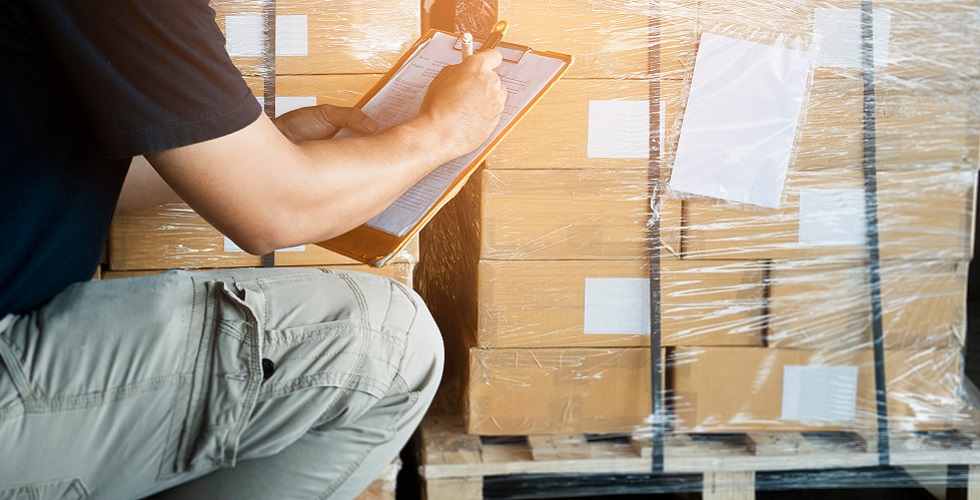There's important new French tax legislation that applies to non-EU retailers importing goods to France, for shipments which are not processed under the IOSS (Import One Stop Shop) scheme. Here's what you need to know.
IMPORTANT NOTE: The content displayed on this page is intended for guidance purposes only. It is not exhaustive and it is advised you speak to a tax specialist.
We have received important news from the French authorities, verified by La Poste, that there is new tax legislation that applies to businesses importing goods to customers in France. Initially it was believed this legislation would just apply to marketplaces, but it is now widespread if the retailer imports the goods into France.
The seller has the choice to register to the French VAT regime or not. If the seller does not register, the VAT will have to be collected from the consignee upon importation (at arrival or at delivery). In such case, the DAP incoterm applies.
What is happening?
The French government has implemented a new tax regime, requiring non-EU businesses to collect the VAT for distance sales of goods from the B2C e-shopper and to pay the VAT to the French Tax authorities if they want to act as the importer of record (so the shopper has no taxes to pay upon delivery of their goods). For this the non-EU business is bound to register in France for the VAT, get a French VAT number and make their VAT declaration monthly.
This new tax regime is applicable for all shipments containing goods which are not processed under the IOSS (Import One Stop Shop) scheme, and concerns France mainland, Monaco and French DOMs (French overseas departments (B2B only).
Transition Phase
To give retailers time to adapt, a transition phase is set in place, which will end at 30.06.2022.
Penalties for non-compliance
From 01.07.2022 the French tax authority announced that they will sanction the none-use of the new tax regime with fines equal to 5% of the VAT.
What needs to be done to get prepared if sales should be including VAT?
- A company needs to register with the French Tax authority without delay if it has not been done yet.
- For some non-EU companies, it is mandatory to use a French Tax Representative to register.
- Until the French VAT registration number is delivered, the distance sale should be processed under DAP (former DDU).
- You will need to include the French VAT number in the data that you provide. This needs to be included in the same field that you currently use to transmit the IOSS number (if applicable). Asendia will then transmit this information to La Poste for ePAQ Plus OR Standard and any other selected broker for e-PAQ Select.
How will the VAT handling work?
- The seller has to provide for every single consignment:
- B2C: the VAT registration number of the seller, if the sales values include the French VAT.
- B2B: the VAT registration number of the buyer + the French EORI number.
- The customs authority will check the transmitted VAT registration number and – if correct - accept the request to process the customs declaration under this French Tax Regime, with the consequence that the import VAT won’t be collected (process similar to the IOSS scheme). The consignment will be released for the delivery to the recipient.
- The customs authority will transmit the accepted VAT amount to the French Tax authority.
- The French Tax authority will provide a pre-filled monthly VAT declaration on the 14th of the following month to the registered company (B2C to the seller / B2B to the buyer), which the seller must verify and complete as needed for its VAT declaration and the payment of related VAT (at the latest on the 24th of the following month).
Important to know
Duties
- May arise for consignments, having an intrinsic value exceeding 150 EUR and for Excise goods.
- Will be paid to the customs by the declarant (e.g. La Poste).
- In case of no other agreement with Asendia, duties will be charged to the recipient (B2C), and a service fee might be added by the declarant (e.g. La Poste will charge a service fee).
- Are subject to VAT.
French VAT number missing or not accepted
- Duties and Taxes will be paid by the declarant and charged to the recipient (B2B and B2C)
French overseas departments (DOMs)
- For B2C shipments
- The VAT cannot be declared to the French Tax Authority - the seller does not collect the VAT from the B2C shopper.
- For B2B shipments
- The French VAT number and the EORI number of the recipient needs to be provided. VAT will be declared to the French Tax authority. The declarant will bill the Duties to the recipient.
For consignments, sent from the EU to the DOMs
- ITMATT has to be generated for goods (like from non-EU origins).
- For B2B, the French VAT / EORI number needs to be provided.
Tax representative
- Asendia can help you find a tax representative in France. Please contact us for more information.





